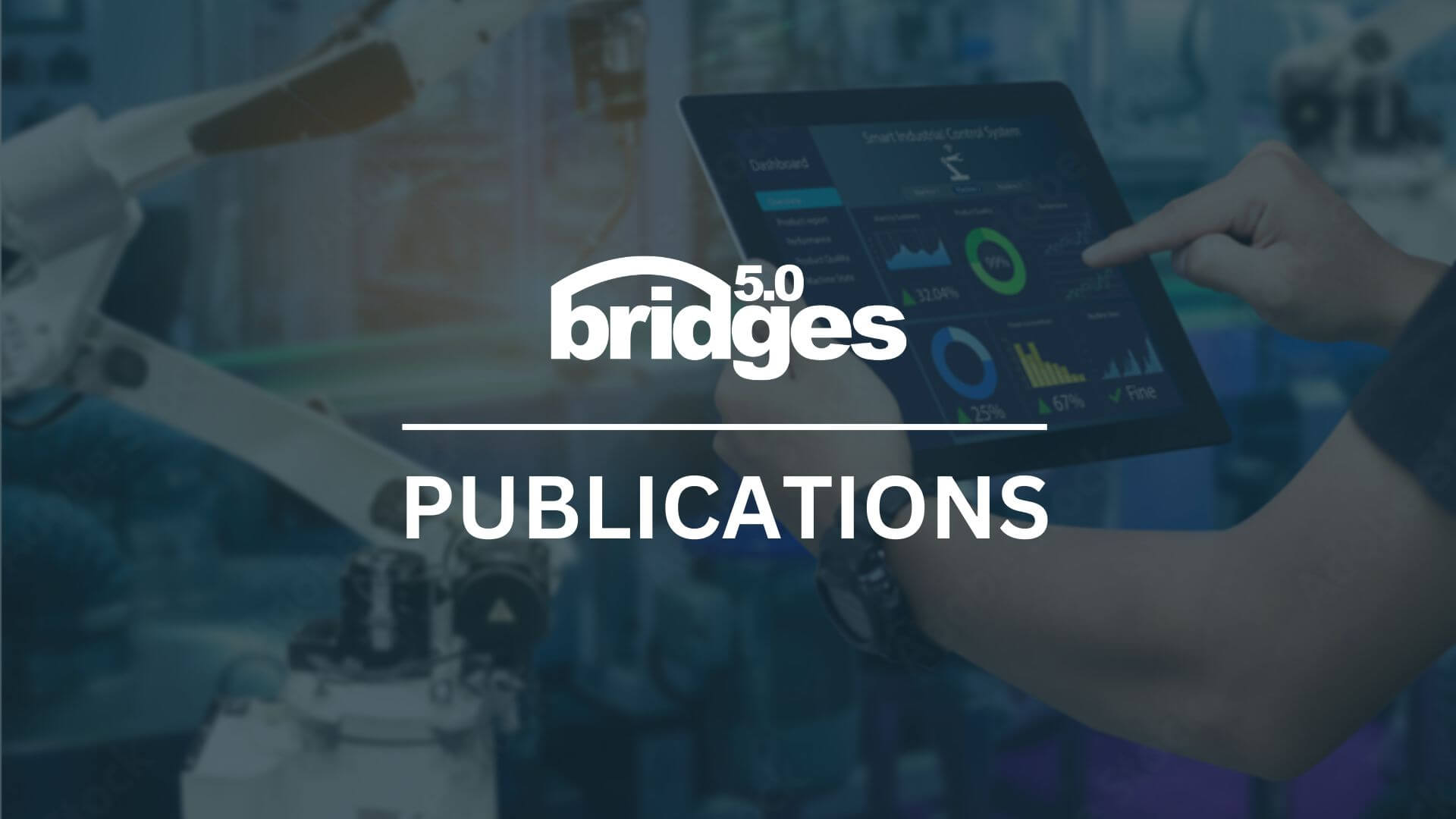
Long neglected, the topic of cybersecurity is gaining increasing importance for companies. At the same time an area of tension arises at the interface with labour and data protection law. It requires particular attention, not least when implementing new technologies. In practice, this can easily lead to a bad atmosphere between management and the works council. At an event organised by the Austrian Platform Industry 4.0 on December 12th last year, experts from research and industry explained why this should not be the case and highlighted the potential of well-designed processes.
At the beginning of his presentation, Thomas Strieder, VP Group IT Security & Operations Services at ANDRITZ, presented alarming statistics. Almost a quarter of all cyber attacks target manufacturing industry. In terms of operational technology (OT), the share is almost 60%. In addition, attackers are becoming stronger year by year. Just two years ago, a successful attack typically endured for over a month. Today, victims must assume they have only a few hours to defend themselves.
Therefore, preparation and collaboration are essential – not only between departments but also with employees. For this collaboration to work, trust is essential, as agreed upon by all experts. In this context, Florian Pauli, responsible for Regulatory & Public Affairs at A1 Telekom Austria, discussed the integral role of working closely together in his organisation’s strategy. His team believes that trust is essential for achieving the required level of fault tolerance, fostering honesty, promoting organisational learning, and enabling continuous improvement.
In the last presentation of the event, Thomas Mann, CISO, and Georg Weickel, Chairman of the Works Council at K-Businesscom, gave a vivid picture of what trusting cooperation between employer and employee can look like. In their joint presentation, they emphasised two crucial elements: transparency and (a sense of) security. He explained that transparency is relatively easy to achieve because good intentions can be sufficient. However, developing a sense of security often requires a profound understanding of the particular technology and the issues that need to be clarified.
Works councils, however, sometimes struggle to access the necessary specialist knowledge. The resulting uncertainty can unnecessarily delay negotiations in companies. In these cases, it can be helpful to turn to support services provided by the employees’ side. These services can make it easier for an uncertain works council to grant the trust necessary for swift negotiations. As an illustration, Thomas Riesenecker-Caba from the Austrian FORBA Institute presented a guide that systematically introduces representatives to the complex topic of cybersecurity, complete with its numerous technical terms. Finally, a model works agreement is offered, which can also serve as a basis for negotiations in companies. A logo on the cover clearly indicates that the project was carried out on behalf of the Austrian Chamber of Labor – and thus the legal representation of the interests of Austrian employees.
The event – that took place just before Christmas 2023 – has shown that some of the major issues of the future can only be solved collectively, even in the industry. Among other factors, success will increasingly depend on how well the cooperation between management and the workforce, between employers and employees, works. Against the background of Industry 5.0, these companies can be seen as pioneers who have recognised this potential and are eager to make use of the advantage.
Related articles
February 28, 2026
February 25, 2026
February 25, 2026




